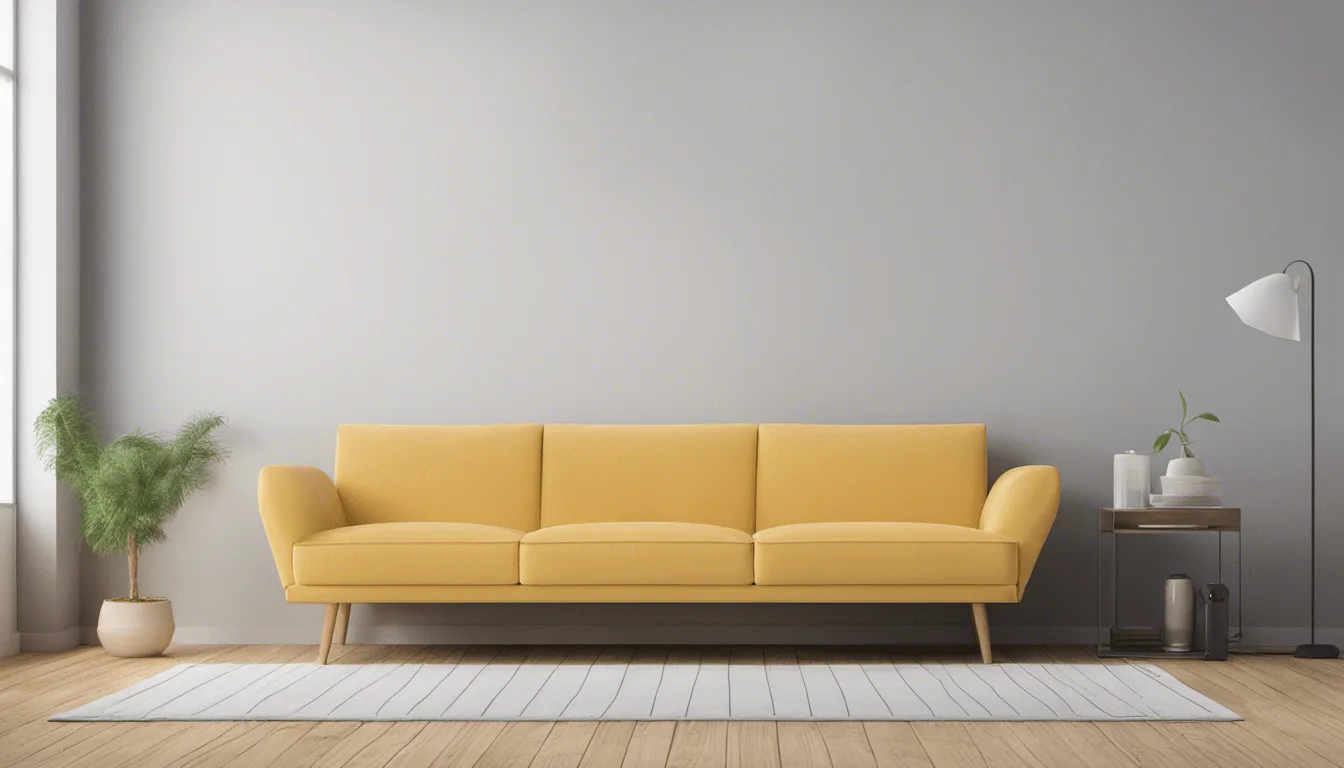Different people have different concepts of minimalism and the benefits of minimalism. The main concept of minimalism is owning little and intentionally living. Minimalism is a notion that has been gaining popularity of late. There are numerous benefits of living with less. Minimalism is one of those concepts, much like simple living, where it can mean different things to different people. Which, by the way, is very okay.
Benefits Of Minimalism
A minimalist lifestyle is a great way of helping those in need by donating household items, clothes, etc. that you are no longer in need of. Minimalism is something that should be personal and exclusive to the person living it. There is no set of rules or principles that must be followed for one to be a minimalist.
When asked what minimalism is, Joshua Becker of Becoming Minimalist says:
“Minimalism is the intentional promotion of the things we most value and the removal of anything that distracts us from it.”
Becker (2019) impeccably describes minimalism. It is about having a clear understanding of what you value most in your life. This can mean things that take up your space and time. Then, deliberately get rid of anything in your life that gets in the way of what is significant to you.
The More of Less by Joshua Becker
The More of Less – the ultimate guide to liberating yourself from the shackles of excess, simplifying your life, and experiencing the pure joy of living with less! Are you tired of feeling weighed down by all your stuff?
The benefits of minimalism in people’s lifestyle
1. Little or no attachment to insignificant things. If you have a quick look at the moment of your surroundings, precisely what do you see? Do you see stuff that you hold onto “just because?” If you do so, you’re barely the only one. People from all walks of life have a behavior of collecting things they do not necessarily need or are just scared of letting go. (Darby, 2018). Assuming a minimalist lifestyle is discarding this idea in favor of converging your attachment to what matters most. Being a minimalist allows you to put more energy into the things you want to stay attached to.
2. It becomes easier to clean and tidy your space. Many of us hate being surrounded by messes since it causes anxiety and laziness. Having a lot of stuff in your home makes tidiness impractical without a ludicrous amount of effort. There is less pressure in cleaning the house, because of the minimal furniture in the house. One can take minimal time and labor to clean the house, hence making the home a sanctuary.
3. A person’s desire to buy unneeded stuff is lessened. When the home is tidy, clean, and neat, impulse buying seems less appealing. One tends to buy only what is needed. Adhering to the ‘one in, one out rule’ whereby when you buy a new item, it replaces the old one. Instead of an individual wasting money on unnecessary purchases, one can save for better-quality goods.
4. Visual satisfaction. Minimalism improves a person’s focus. The notion of visual noise affects a lot of people than we can imagine. Visual noise refers to how much stimulus your eyes can take in at once. If there are a lot of items lying around the entire house, then one tends to regularly deal with visual noise. This type of noise is harmful to our brains and can make it more difficult to concentrate on what we are doing (Darby, 2018). By reducing such distractions, one prevents the occurrence of white noise, hence one can focus on work and hobbies. The tidy living space is beautiful.
5. A jovial and cheerful mindset. When you are a minimalist, you reduce what you have so that you can focus on more important things. Even something as wide-ranging as “being happy” can be much more difficult than it needs to be due to the attachments we have to very unnecessary things (John, 2020). When you rid yourself of the things holding you down, you feel a sense of liberty that can improve your mindset. The progression of getting rid of these things is also rewarding in itself since you get to revel in the feeling of being effective.
7. Increased confidence in oneself. As a minimalist, you spend more time with yourself than with your possessions. Getting to understand yourself more is the first step toward being more confident in yourself. When you get to know yourself well, you become more confident in your body, mind, and even in your own home, since you have time and energy to look at those things more often (Becker, 2019). Confidence is a problem for a lot of people, and eradicating any unwanted distractions can aid you on your journey to being more confident in yourself.
8. Easy access to items you need. When there are minimal items in the house plus the house is tidy, it becomes so easy to find what you are looking for. Picture yourself in a crowded house, with books everywhere, children’s toys, and a lot of furniture. Will it be easy to get whatever you are looking for in that mess? With minimal items, it is easy to locate what you want.
Centre of Excellence – Step into the world of learning and personal growth!
Conclusion – Benefits of minimalism
Minimalism is a concept that is gaining popularity among the masses. People have begun adapting to this notion and becoming minimalists. Disposing of the possessions that you have been programmed to think you need is emotionally strenuous and needs the speculation of time and energy, especially in the initial stages of decluttering (Darby,2018). Nevertheless, it is one of the best decisions one can make, and one will be astonished by how much it can improve one’s life.
References:
- Mindfulness And Minimalism Connection. 2022. The Dream Oak.
- Becker, J. (2019). The more of less: finding the life you want under everything you own. Waterbrook Press, An Imprint Of The Crown Publishing Group.
- Darby, G. (2018). A minimalist Humeanism? Metascience, 27(3), 433–437.
- The Many Benefits Of Minimalism. (2020) The Good Trade.
Body, Mind, And Soul For A Fulfilled Life!





